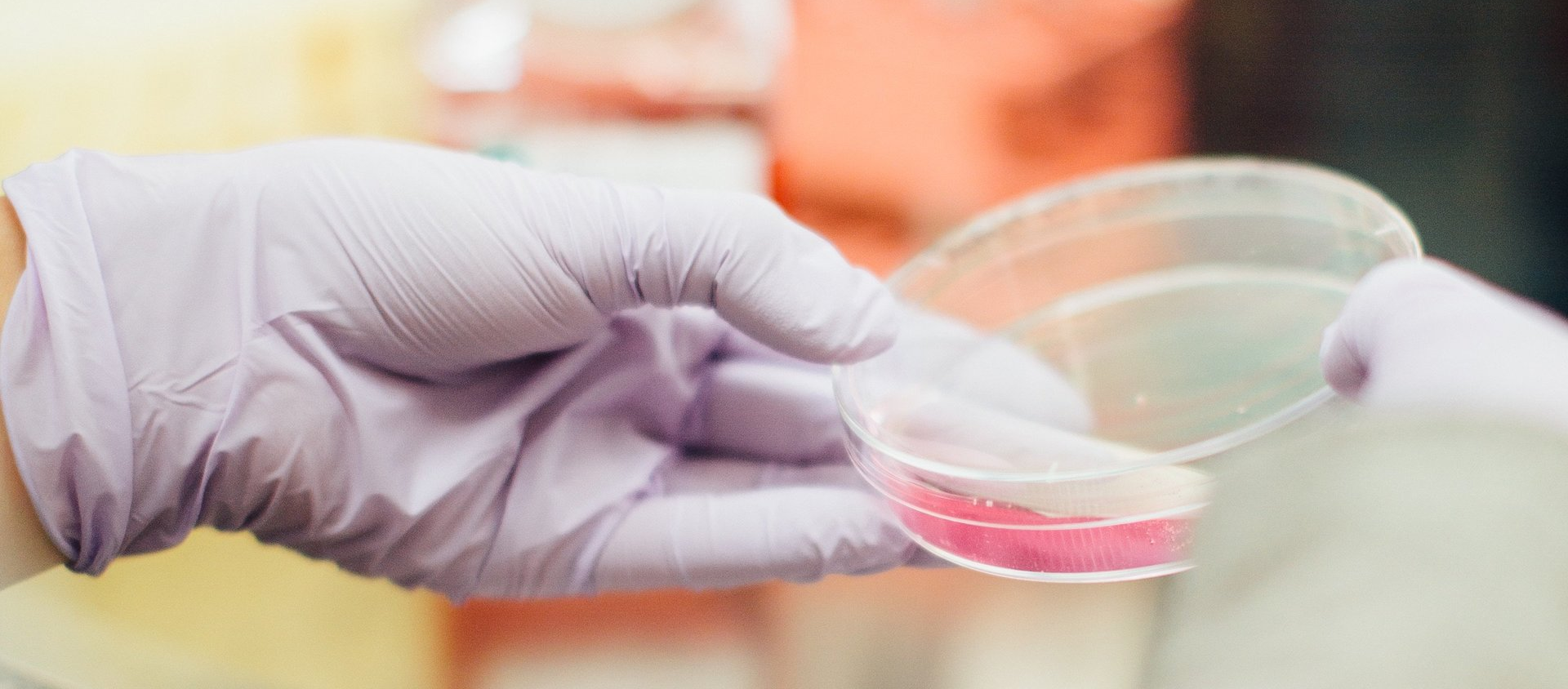2020: The Year of Progress in Cancer
(12 Minute Read)
Today is
World Cancer Day, an international day marked on 4th February every year to raise awareness of cancer and to encourage its prevention, detection, and treatment. This past year has been a strange year for many of us due to the Covid-19 pandemic, with a lot of negative news circulating on a daily basis. Everything has also been solely focused on Covid-19, with developments, advances and stories of progress in other fields overshadowed.
However negative 2020 has been, there have been multiple causes for celebration, particularly in science. The year will be remembered for its advances in rapid disease testing and vaccination creation. However, progress in cancer research and treatment has also been a cause to celebrate. 2020 has been a significantly important year for understanding cancer with hope for 2021 being one of the best years for progress for research, detection and treatment yet.
2020 saw incredible developments, including, but not limited to:
Developments in Data and Prevention
- Google Health announced an AI platform aids oncologists in breast cancer screenings. A study was published in Nature, with findings indicating that Google’s AI model spotted breast cancer in de-identified screening mammograms with greater accuracy, with less false positives and false negatives than experts. This study was significant as it marked the potential in using AI alongside and supporting standard clinical care for cancer. Once AI is in use to support the work of physicians and radiologists, AI-supported tools will save time and increase capacity of diagnosis facilities with the potential to alleviate the pressure on low- and middle-income countries with less to spend on cancer services.
- Biomarker-driven treatment approach opens the door to personalised care for metastatic pancreatic cancer. The use of biomarker-treatment has the potential to bring greater accuracy to Europe's healthcare systems.
- Long-term data
shows that vaccines against human papillomavirus are reducing cervical cancer risk in real-world settings.
New Understanding of Cellular Processes
- A phase I/II trial of 11 patients with relapsed or refractory CD19-positive cancers finds that most patients respond to CD19-targeting CAR natural killer (NK) cells and show a few major toxicity effects. This trial illustrates the therapeutic potential of CAR expression of non-T cells and suggests that genetically engineered allogeneic NK cells could be used as an ‘off the shelf’ cancer therapy.
- A study published by Stand Up To Cancer, Cancer Research UK and Lustgarten Foundation Pancreatic Cancer Dream Team showed a step towards using immunotherapy treatment options successfully in people with pancreatic cancer. The study published results to show that MYC - a family of regulator genes and proto-oncogenes that code for transcription factors - locks cells in a tissue injury phase which causes immune cell changes, including the expulsion of T cells from the tumour. So, by inhibiting MYC it has the potential to reverse the tumour’s progression restoring the normal architecture of the tissue, including key immune cells.
Better Life Saving Therapies
- Growing number of targeted therapies are offering hope for more patients with difficult-to-treat cancers. This includes progress made in hormone therapies, signal transduction inhibitors, gene expression modulators, immunotherapies and many others.
- 2020 was the year for the refinement of surgical treatment of cancer. This is important as through refining surgery it reduces the risks of having an operation. Advancements in systemic treatments (ones that travel through the body to treat cancer cells), include chemotherapy, targeted therapy and immunotherapy, have allowed for many people with cancer to have more limited surgical procedures, or avoid surgery completely. For example, some pancreatic cancer tumours cannot be treated with surgery, but now a tumour can be treated first with a systemic therapy to shrink it and then surgery can be attempted. By tailoring treatment plans to use new systemic therapy, more people with cancer can be effectively treated with surgery.
- First-in-class drugs
reduce the need for transfusion in patients with lower-risk myelodysplastic syndromes (MDS). Patients with MDS often have anemia which results in being treated with red blood cell transfusions and erythropoietin-stimulating agents and often require transfusions for longer periods of time. However, not all patients are able to tolerate these treatments, so these drugs can help increase blood cell counts to increase the likelihood of the patient being able to tolerate the treatment.
Over the last decade, we have seen a continuous decline in the cancer death rate due to advances being made in cancer healthcare. Researchers have understood more about how to prevent, diagnose, treat and survive cancer. The success of immunotherapy and precision medicine has contributed to these advances. We have stepped away from a ‘one size fits all’ rhetoric in terms of cancer treatment. Researchers have highlighted the importance of palliative care in early cancer care treatment, with trials showing that when received simultaneously with medical treatment it can control their symptoms better, patients have less anxiety and depression and patients experience a better quality of life. Also, a greater understanding in health equity has led to reducing health disparities on cancer outcomes.
We have seen developments in cancer research and understanding come on in leaps and bounds and more is yet to come. Although these are incredibly challenging and difficult times for us due to Covid-19, there is hope that we will be out of this in the very near future. Try to focus on the positives and remind yourself that the situation is getting better for so many reasons, including cancer development and research. I leave you with
my hope that our unyielding pace of progress in understanding cancer will lead to better outcomes for all those affected by cancer.
Gigi Aulsebrook
Further reading:
Cancer Research. 2021. 2021: A bright future for cancer research. Available from: https://www.cancerresearchuk.org/funding-for-researchers/research-features/2021-01-28-2021-a-bright-future-for-cancer-research [Accessed 31/01/2021]
Nature. 2020. nature milestones: Cancer. Available from: https://www.nature.com/immersive/d42859-020-00083-8/pdf/d42859-020-00083-8.pdf [Accessed 31/01/2021]
Leukemia & Lymphoma Society. 2019. Advances in Cancer Research and Treatment in 2020. Available from: https://www.lls.org/blog/advances-in-cancer-research-and-treatment-in-2020-my-predictions [Accessed 01/02/2021]
Mason, L. 2018. 8 Modern Milestones in Cancer Research. Available from: https://www.technologynetworks.com/cancer-research/lists/8-modern-milestones-in-cancer-research-298953. [Accessed 01/02/2021]
ASCO. 2020. Cancer Progress Timeline. Available from: https://www.asco.org/research-guidelines/cancer-progress-timeline [Accessed 02/02/2021]







